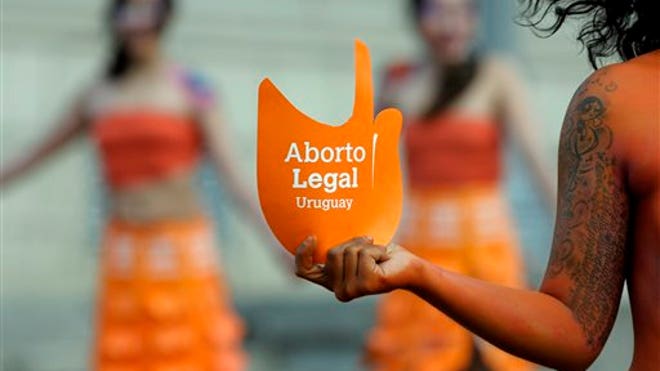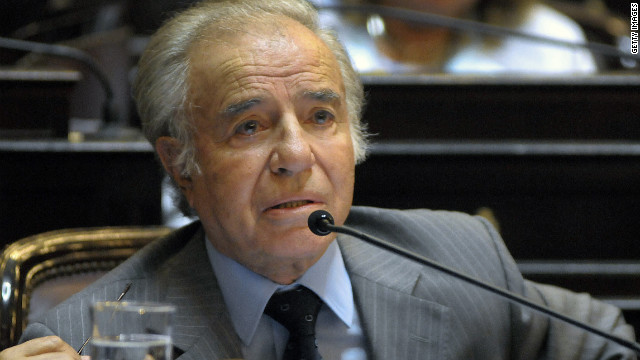By Ellis Cortez
Impunity Watch Reporter, South America
MONTEVIDEO, Uruguay – Voters in Uruguay are deciding whether to hold a referendum to repeal its national abortion law.

If 25 percent of Uruguay’s electorate votes on June 23rd, officials would have 120 days to set a date for a binding referendum on whether to uphold or repeal the abortion law.
Independent groups as well as some members of Uruguay’s right-wing Colorado Party and the centrist National Party are leading the effort to overturn the measure, which authorized elective abortions in the first three months of pregnancy.
The Uruguay law permits abortions, but requires that women seeking abortions justify their request before a panel of at least three professionals — a gynecologist, psychologist and social worker — and listen to advice about alternatives including adoption and support services for a child. Women must then wait five days before receiving confirmation on whether they can go ahead with the procedure or not.
The ruling Broad Front coalition of President Jose Mujica argued that the law would save many women from the risk of death or complications from illegal abortions.
“I want to defend the law because this issue has been debated for almost 100 years and many women paid with their lives … during that long time that it was being discussed,” lawmaker Monica Xavier said on the Broad Front’s website.
However, opposition to the measure remains strong, and some doctors have refused to perform abortions for religious or ethical reasons.
“This is not an issue that only pertains to women,” said National Party congressman Pablo Abdala. “We can’t forget about the conceived (baby) … with organs, DNA, a heart. And then there’s the father. This law doesn’t take into account the opinion of the father.”
“About 400 abortions a month have been conducted since the new law came into force,” said Deputy Health Minister Leonel Briozzo.
It’s uncertain how many abortions were carried out before the law. “We don’t have trusted statistics because it is a social practice that is not accepted and up until recently it was a crime,” Constanza Moreira, a ruling-party lawmaker, told local radio.
Passage of the law was widely seen as a landmark for a region in which many countries outlaw abortion in all circumstances. Cuba is the only other country in the region where women have access to first-trimester abortions. Colombia allows abortion when there is proof of fetal malformation. Mexico City has legalized first-trimester abortions, but there are restrictions in most other parts of the country.
For more information please see:
El Mundo – Uruguay decide si lleva la ley del aborto a las urnas – 23 June 2013
Fox News Latino – Uruguay Votes To Decide Whether or Not To Repeal Abortion Law– 23 June 2013
The New York Times – Uruguayans Decide if Abortion Goes to Referendum – 23 June 2013
The Washington Post – Uruguayans decide whether to hold referendum on repealing abortion law – 23 June 2013



